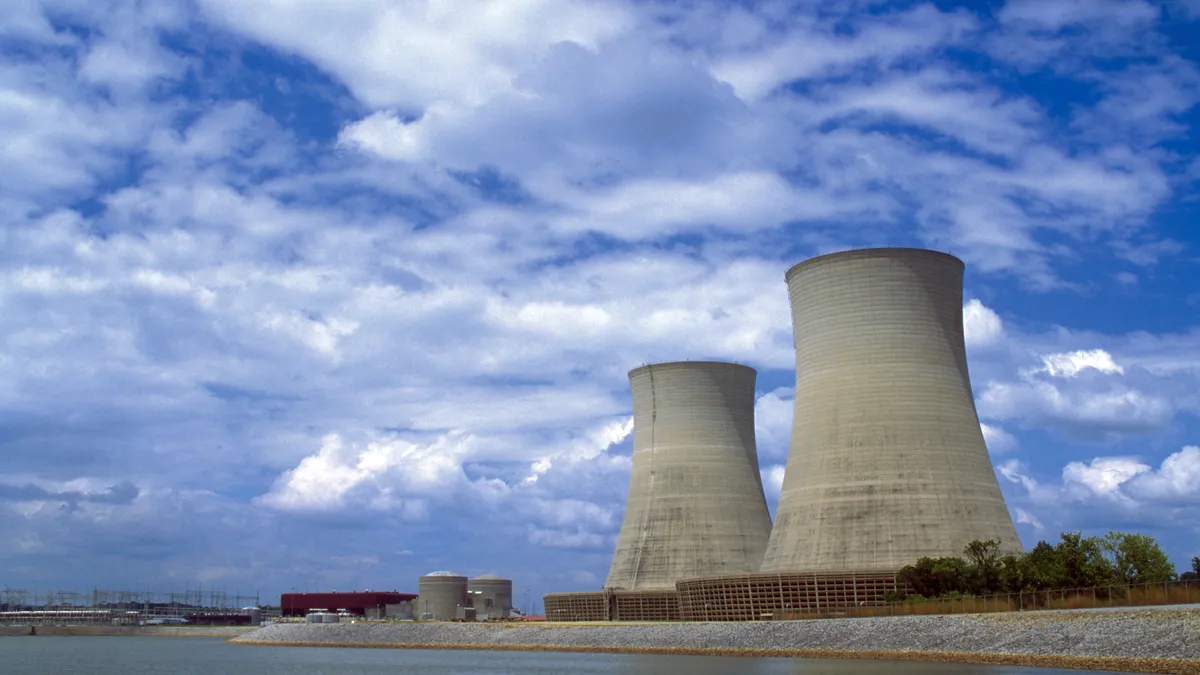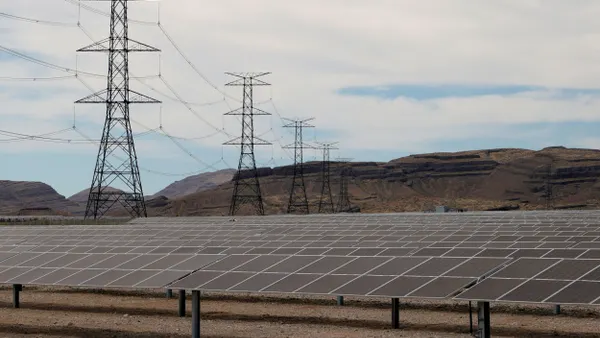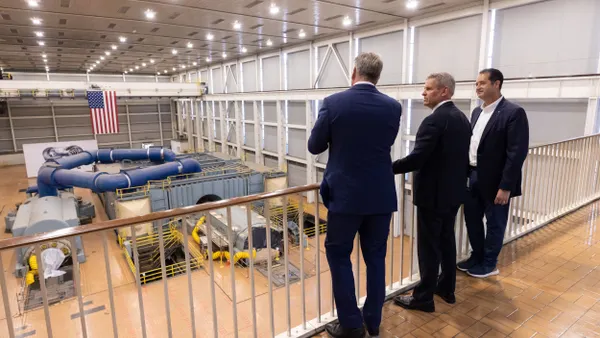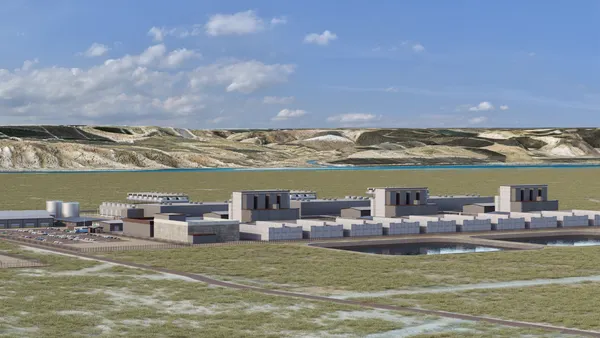Dive Brief:
- The U.S. Department of Energy has issued recommendations to improve the safety of natural gas storage facilities, including design changes that would guard against a single point of failure at a well.
- The White House convened the task force earlier this year in the wake of a major gas leak at Southern California Gas' Aliso Canyon storage facility.
- DOE's recommendations also call on storage operators to adopt risk management plans that include monitoring, well integrity evaluation and leakage surveys.
Dive Insight:
Southern California is still recovering from the Aliso Canyon leak, with the state rushing out battery storage projects to stave off blackouts. Meanwhile, federal officials are pressing to make sure no similar incidents occur in the future.
In October 2015, Sempra discovered its Aliso Canyon facility was at less than one-fifth of its capacity, leading to concerns about electric reliability, though the state was able to avoid issues this summer. In response, state regulators have rushed to deploy battery storage, a strategy the DOE report endorses.
The report's recommendations call on gas storage operators to adopt risk management plans that include a "rigorous monitoring program, well integrity evaluation, leakage surveys, mechanical integrity tests and conservative assessment intervals." Both DOE and the Department of Transportation should conduct a study of subsurface safety valves.
As to the fallout, DOE's report found the loss of Aliso Canyon increased the likelihood of regional electric generation shortages.
"While communities were able to avoid electric curtailments this summer, maintaining electric reliability without Aliso Canyon remains a concern heading into winter," the report concluded, warning "other communities around the country could face similar concerns in the event of a leak in their region."
DOE's assessment concluded a dozen underground gas storage facilities around the nation have the potential to affect 2 GW or more of available capacity, heightening the need to ensure reliable facilities.
To address these vulnerabilities, the report recommended strengthening planning and coordination efforts between state and federal agencies and the energy industry, and to "consider broader application of back-up strategies to reduce reliability risks associated with the abrupt loss of natural gas supplies."













